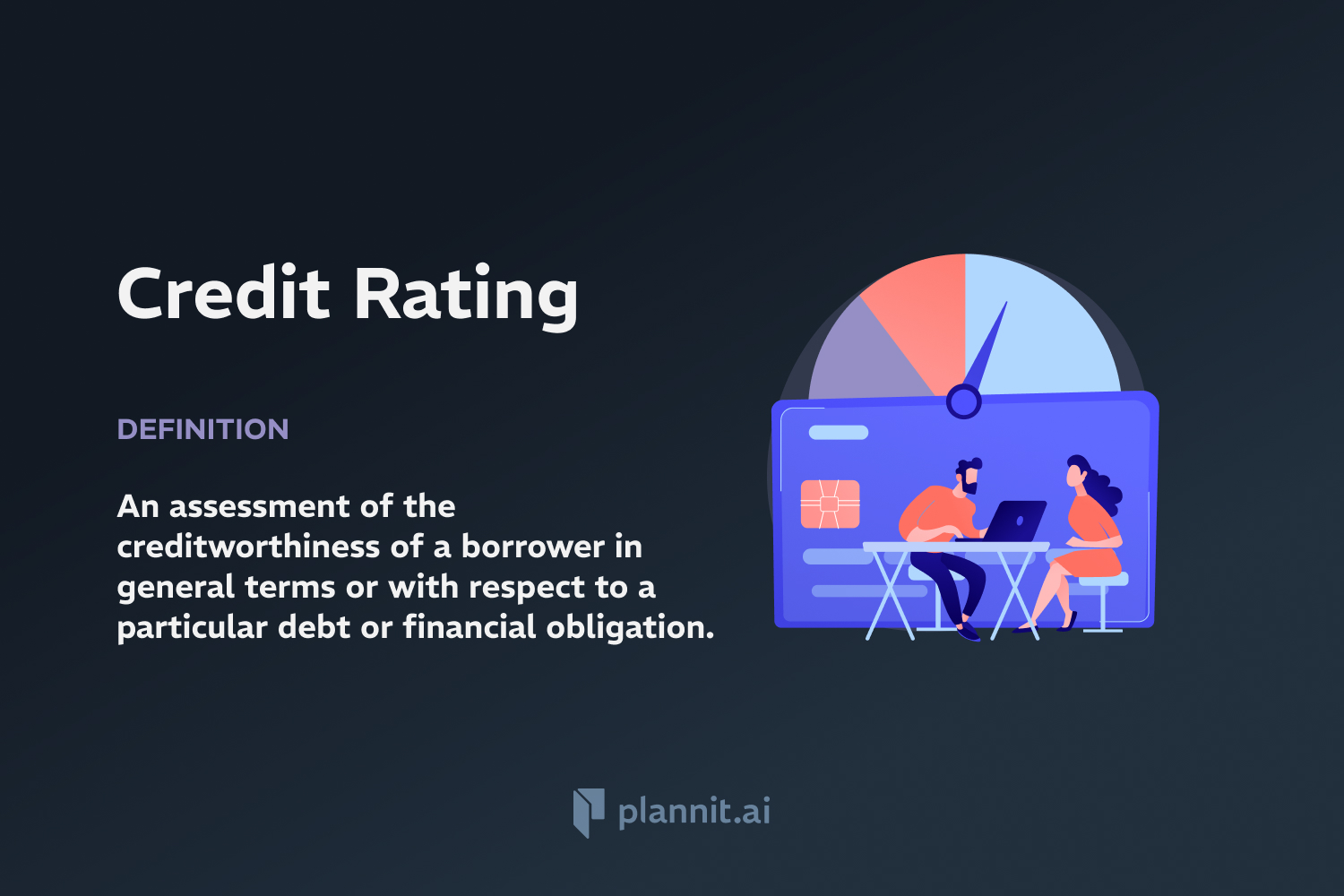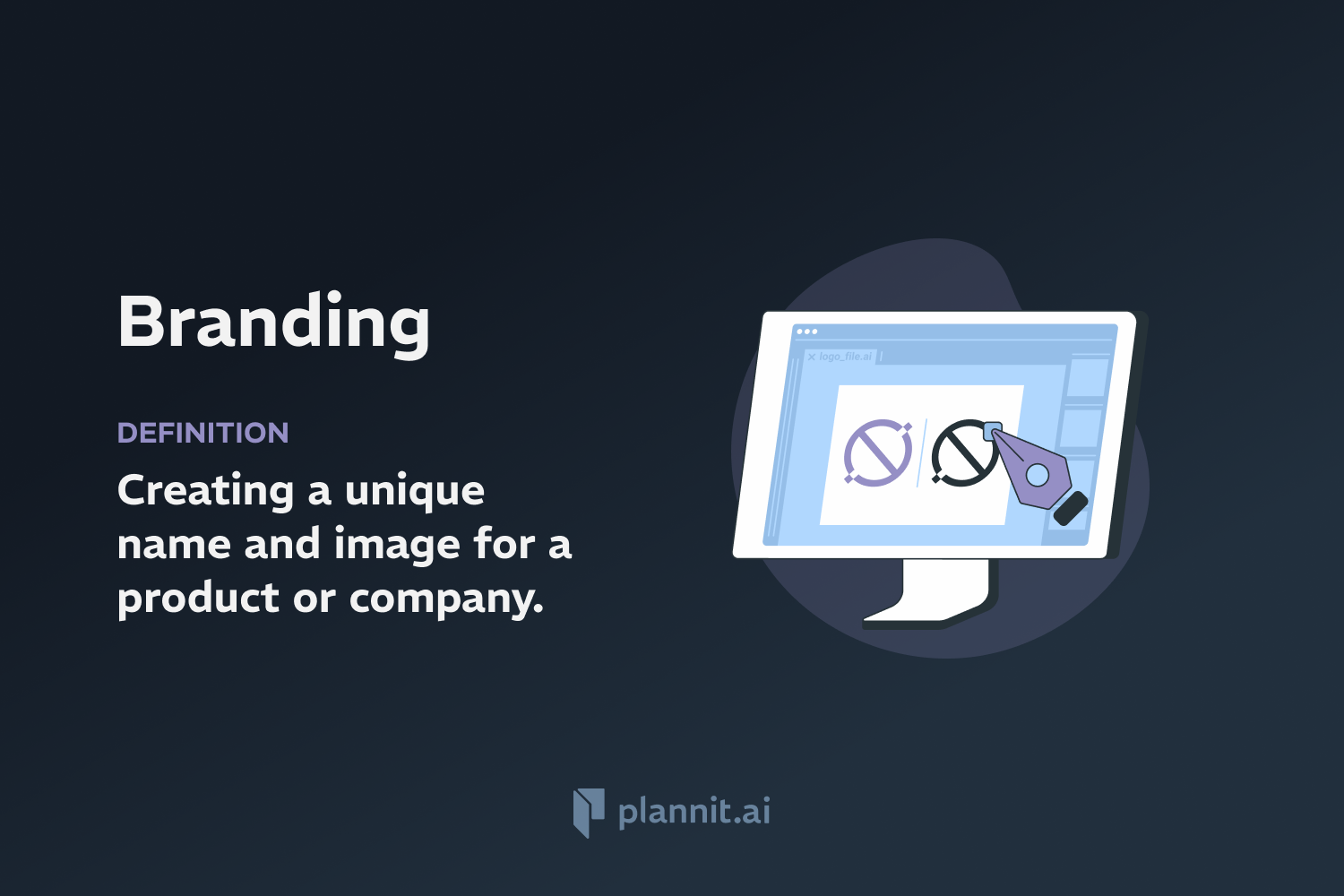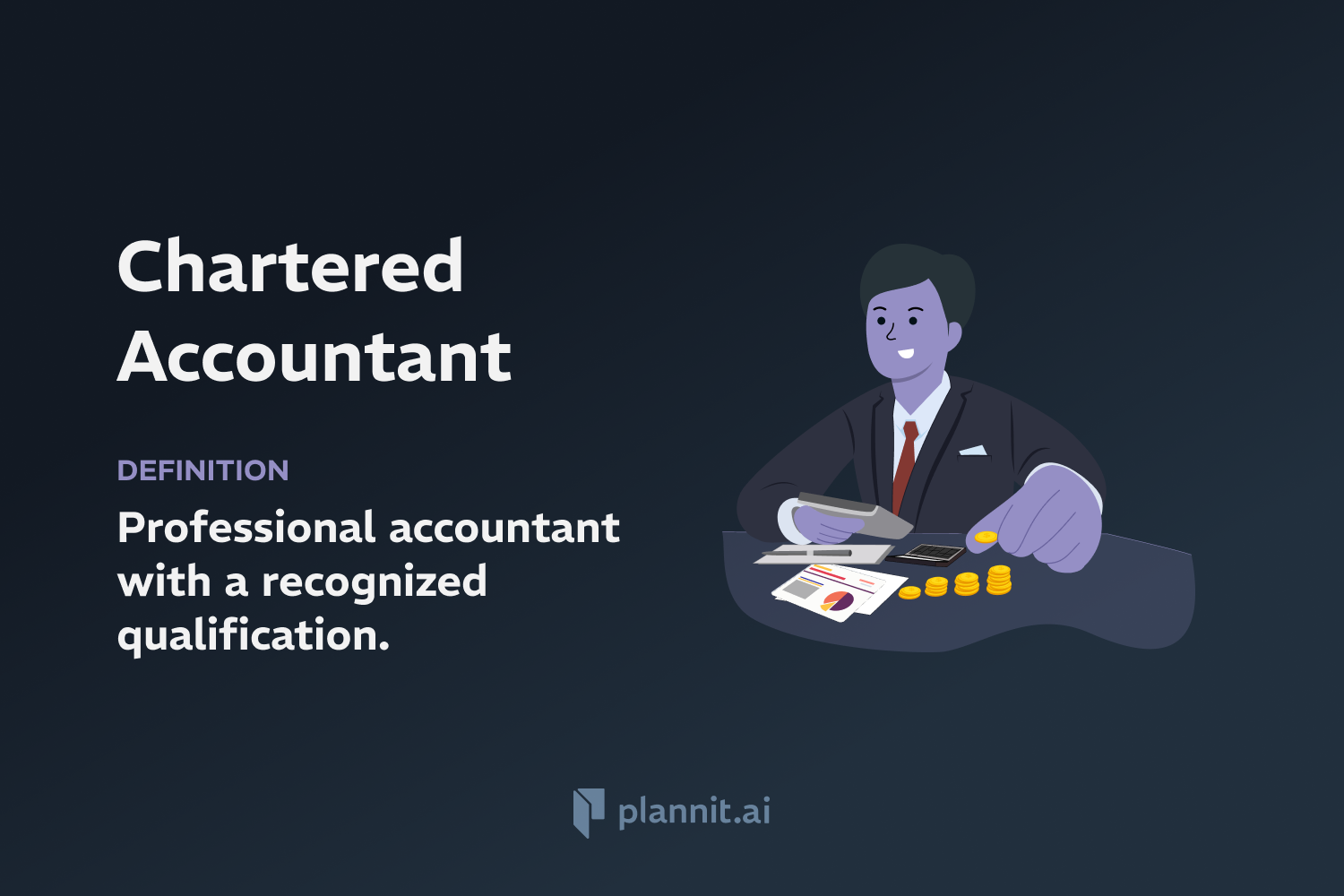Need Help With Your Business Plan?
Answer tailored questions and get a detailed business plan in minutes.
Efficiency: Definition & In-Depth Explanation
In a business and economic context, efficiency refers to the ability to maximize output while minimizing input. It involves using resources such as time, money, labor, and materials in the most productive way possible. Efficiency is critical for improving productivity, reducing costs, and enhancing profitability.
Purpose:
The purpose of striving for efficiency is to achieve the highest possible output or performance with the least amount of resources. Efficient operations can lead to cost savings, faster production times, improved customer satisfaction, and a competitive advantage in the market.
Example:
A manufacturing plant might increase its efficiency by implementing automation technologies that streamline production processes, reduce waste, and lower labor costs. As a result, the plant can produce more goods at a lower cost, thereby increasing its profitability.
Related Terms:
Productivity: A measure of the efficiency of production, often expressed as the ratio of outputs to inputs in a given period.
Lean Manufacturing: A systematic method for the elimination of waste within a manufacturing system, aimed at improving efficiency and quality.
Economies of Scale: The cost advantages that enterprises obtain due to their scale of operation, with cost per unit of output generally decreasing with increasing scale.
Operational Efficiency: The ability of an organization to deliver products or services in the most cost-effective manner without compromising quality.
FAQs:
How is efficiency measured in a business context?
Efficiency can be measured using various metrics such as cost per unit, output per hour worked, resource utilization rates, and return on assets. The specific metrics depend on the industry and the aspect of the business being evaluated.
What is the difference between efficiency and effectiveness?
Efficiency refers to doing things in the most economical way, while effectiveness refers to doing the right things to achieve desired outcomes. A process can be efficient without being effective if it doesn’t achieve its intended goals.
How can businesses improve their efficiency?
Businesses can improve efficiency by optimizing processes, adopting new technologies, training employees, reducing waste, outsourcing non-core activities, and continuously evaluating and improving their operations.
What role does technology play in improving efficiency?
Technology plays a significant role in improving efficiency by automating repetitive tasks, facilitating better communication, enabling data analysis for informed decision-making, and improving the speed and accuracy of operations.
Can efficiency lead to job losses?
While efficiency improvements can lead to job reductions in some areas due to automation and process optimization, they can also create new opportunities in other areas by allowing businesses to grow and expand into new markets.
Get funding with a business plan that will impress investors.
Starting a New Business?



